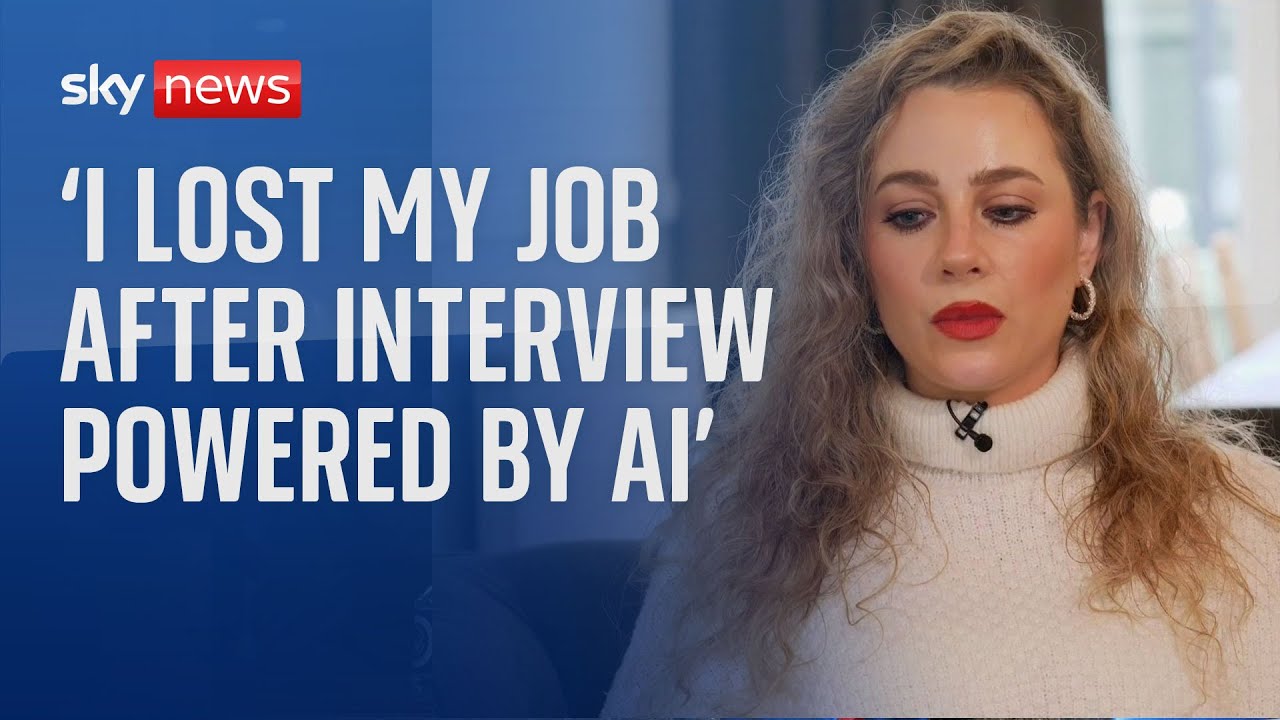
The Impact of AI on the UK Job Market: Risks and Opportunities
The advancement of artificial intelligence (AI) presents a dual-edged sword for the UK job market, with a potential to displace nearly 8 million jobs while simultaneously offering avenues for unprecedented economic growth. A comprehensive study by the Institute for Public Policy Research (IPPR) underscores the urgency for preparedness against the backdrop of AI’s evolving capabilities, especially in generative technologies capable of creating content and performing tasks traditionally reserved for humans.
The IPPR report highlights that the sectors most vulnerable to AI-driven displacement include entry-level, part-time, and administrative roles, notably in secretarial, customer service, and administrative capacities. This displacement trend disproportionately affects women and early-career employees, signaling a need for targeted policy interventions. The analysis of 22,000 tasks across the UK economy reveals that 11% are currently at risk, with the potential to escalate to 59% as AI technologies advance to undertake more complex processes.
This potential “jobs apocalypse” paints a bleak picture for the UK workforce, particularly for women, younger workers, and those in lower-wage positions, who are at the greatest risk. The specter of widespread job displacement underscores a critical moment for the UK as it navigates the first wave of AI adoption. This phase, characterized by the automation of routine cognitive tasks, sets the stage for a more disruptive second wave, where even non-routine tasks like database creation, copywriting, and graphic design could be automated.
However, the report also outlines a brighter scenario where AI, instead of displacing jobs, augments the workforce. In the best-case scenario, AI could catalyze a 13% increase in gross domestic product (GDP) without resulting in job losses, marking a significant economic uplift of approximately £92 billion annually. This optimistic outcome hinges on strategic policy decisions aimed at harnessing AI’s potential while mitigating its risks.
Proposed policy measures include “ringfencing” certain tasks for human workers, such as medical diagnoses, and fostering public-private partnerships to encourage responsible AI integration. These strategies, coupled with government incentives, could ensure that the transition towards an AI-enhanced economy does not come at the expense of widespread job displacement.
In light of these findings, experts stress the importance of proactive measures to navigate the impending changes. While AI has the capacity to transform the job market, it also offers opportunities for economic revitalization and productivity gains. The path forward requires a balanced approach, integrating AI into the economy in a way that enhances rather than undermines the workforce.
In summary, the IPPR report calls for a nuanced understanding of AI’s impact on the job market, advocating for policies that not only protect vulnerable workers but also leverage AI’s potential to fuel economic growth. As the UK stands at a pivotal “sliding doors” moment, the choices made today will determine whether AI becomes a tool for widespread displacement or a catalyst for a thriving, inclusive economy.
To read more on the IPPR report, please click here.
You can downlad the report here.





